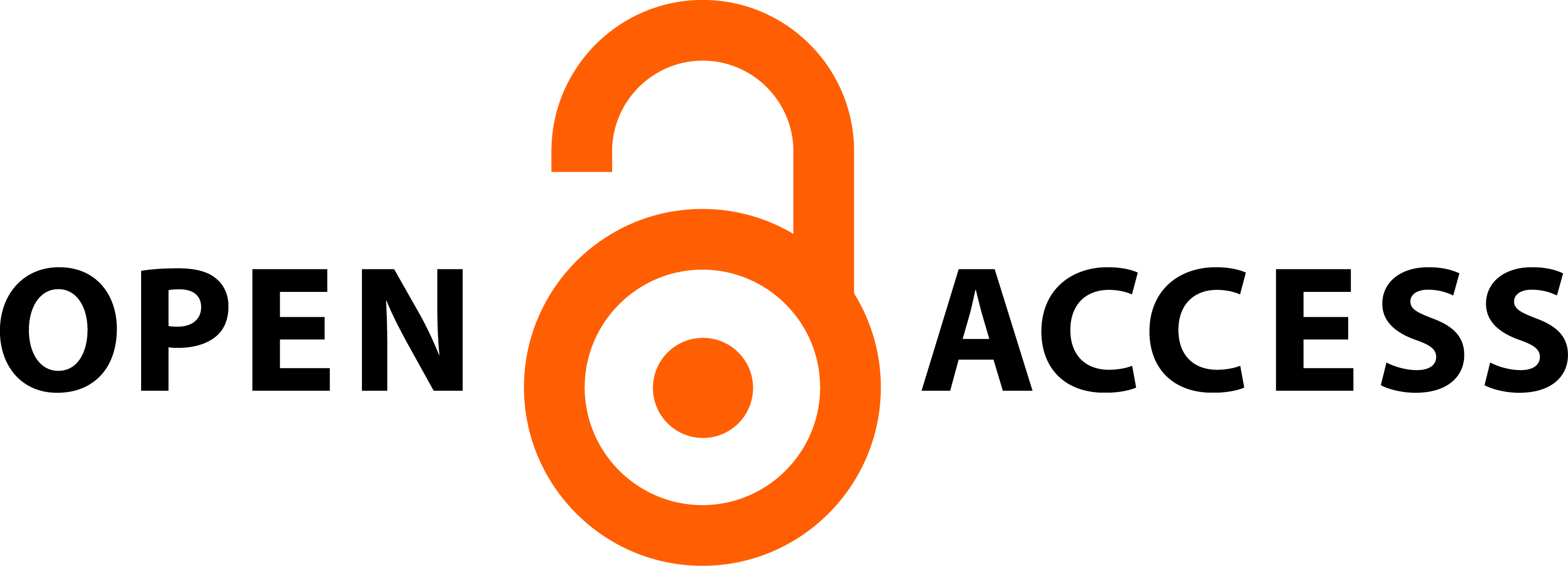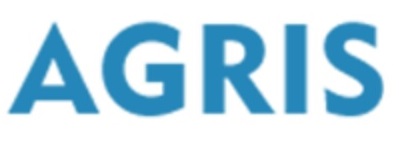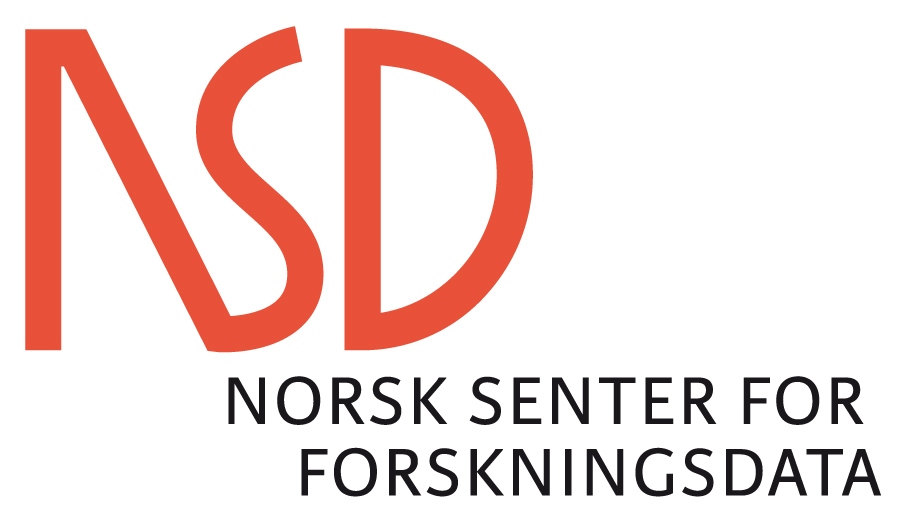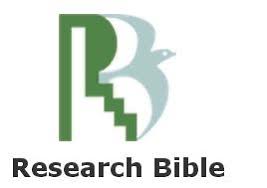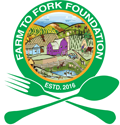Impact assessment of ASA credit program on livelihoods and empowerment of poor women in a selected area of Bangladesh
Keywords:
Credit, Livelihoods, Women empowerment, ASA, BangladeshAbstract
The premise of Association for Social Advancement (ASA) philosophy equating microfinance as a tool to poverty alleviation. Small and medium size loans to the poor enables them to use in various income generating activities and raise family income which, in turn, helps reduce their poverty. The present study examined the adequacy, purposes and utilization patterns of credit, assessed the impact of credit on livelihoods and empowerment of the beneficiaries and, identified the problems and constraints of the beneficiaries to obtain credit. With these views in mind, data were collected randomly from 60 respondents who were involved in different income generating activities (IGAs) from eight villages under Gobindaganj upazila of Gaibandha district. Survey method was followed to collect required data. Tabular technique was applied for the analysis of data and sustainable livelihood framework was used for the analysis of household assets. The major findings of the study were that average amount of credit received by the respondents was Tk 17,550, main purposes of the loan were petty business and purchasing dairy cows; which were 40% and 18.33%, respectively. Only dairy loan was 100% utilized according to the purpose. There was a remarkable change of livelihood assets after joining with the ASA credit program. The ASA credit program also found to have significant positive effects on women’s social empowerment indicators namely, attitude towards their daughter’s education, mobility outside house, participation and decision making ability. High interest rate, lack of sufficient credit, shortage of grazing land was the main problems of the ASA credit program. Women can contribute significantly to the socioeconomic improvement of the family if proper atmosphere as well as facilities can be ensured. The present study suggests for conducting further study of similar type in other parts of the country to make the findings representative one.
Downloads
Downloads
Published
How to Cite
Issue
Section
License
Copyright (c) 2016 by the author(s). This work is licensed under a Creative Commons.

This work is licensed under a Creative Commons Attribution-NonCommercial 4.0 International License.
